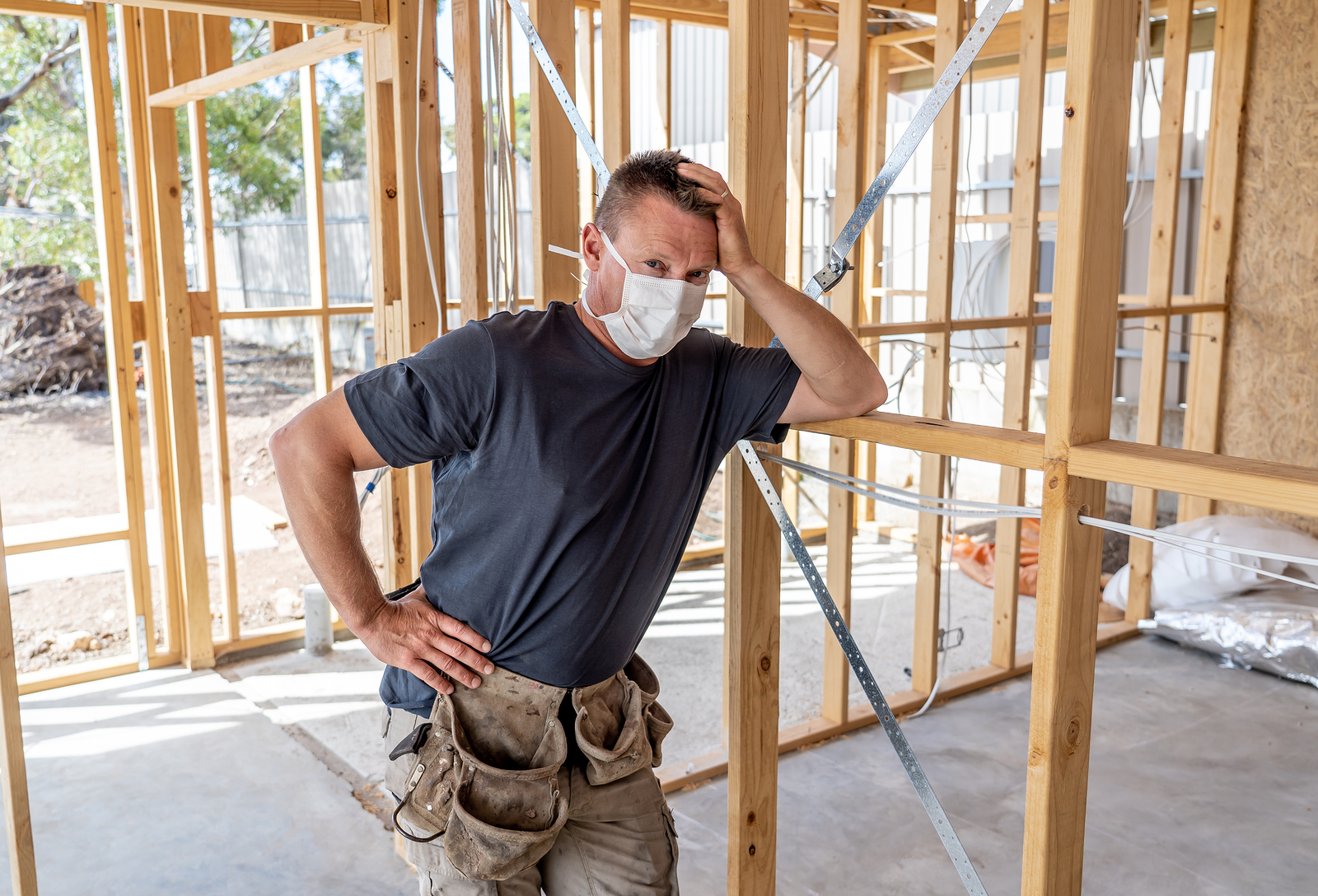How Builders Are Faring During The Pandemic
Throughout the United States, the COVID-19 pandemic is taking a toll on various industries. While some such as restaurants, hotels, and retailers have been devastated by the coronavirus, so too has the construction industry. Though considered an essential business by most state governments, this has not meant all construction projects have been allowed to go on as scheduled. In fact, many projects large and small have come to a halt while companies try to figure out how to keep workers safe in these situations. Along with this obstacle, there are other factors playing a large role in how builders are fairing during the pandemic.
Supply vs. Demand
No matter whether an economy is good or bad at the moment, supply vs. demand always plays a major role in the economic fate of a company. In the construction industry during COVID-19, various decisions by local, state, and federal governments as to which building projects are essential or non-essential have led to shortages in materials as well as labor. As uncertainty lingers as to when projects that have been delayed or cancelled will once again get the green light to resume operations, builders are left trying to decide when or if to hire additional labor, purchase materials, and other aspects.
Higher Costs
With many construction projects impacted by COVID-19, higher costs are quickly becoming very common and having a major impact on many areas. As to why costs are rising, many reasons are behind this development. To begin with, manufacturers responsible for producing various materials may be temporarily shut down or scaling back operations. Along with this, shipping of products and materials has also slowed down or come to a standstill. When these factors converge, the result is a construction project that gets significantly delayed or cancelled altogether.
Economic Slowdowns
When economic slowdowns begin to take hold within various industries, the impact is eventually felt by the construction industry and its builders. For example, as demand drops for certain products, companies experience declines in capital, local and state economies slow down, and various projects get cancelled. This can include retail stores that cancel expansion plans, local governments delaying the building of new schools, and large projects such as new airports getting put on hold.
Thousands of Jobs
Since the construction industry is one of the largest employers in the United States, any negative economic impact can have a tremendous effect on the number of lost jobs. As a striking example, let’s look at the city of Boston and its construction projects. When the pandemic first hit, Boston announced it would delay all non-essential construction projects in the city. While at first that may not sound bad, the fact is this accounted for virtually all projects currently going on or being planned within the city. As a result, this affected more than 100,000 jobs within construction, since Boston accounts for $22 billion per year in construction spending. To put this in perspective, Boston accounts for over 80% of all construction within the state of Massachusetts, demonstrating the huge impact delays or cancellations of projects have on the local, state, and national workforce.
Cash Flow Problems
As numerous projects start to experience delays or cancellations, many builders have also started to deal with cash flow problems. Because of this, less money is available to purchase new equipment, hire new workers or pay existing employees, and cover other basic operating expenses. Unfortunately, this becomes an even bigger problem due to many builders being unable to secure loans from banks or other lenders. Due to so much uncertainty regarding how or when the national economy will rebound, most lenders are hesitant to extend additional money to builders who are already facing an uncertain future.
Though most economic experts agree the U.S. economy will eventually rebound from its current doldrums, builders will still be faced with much uncertainty in the coming months and perhaps years.

